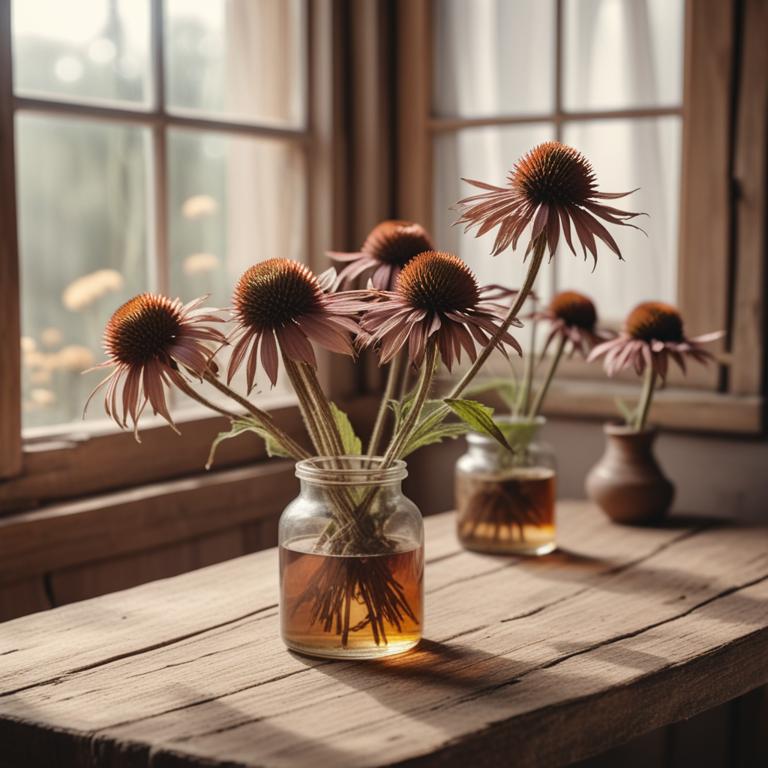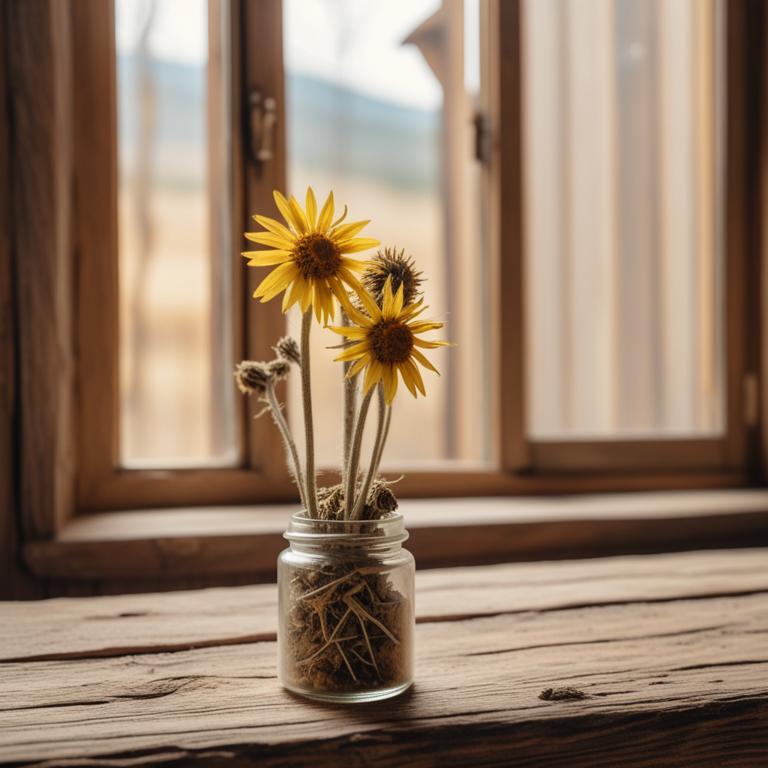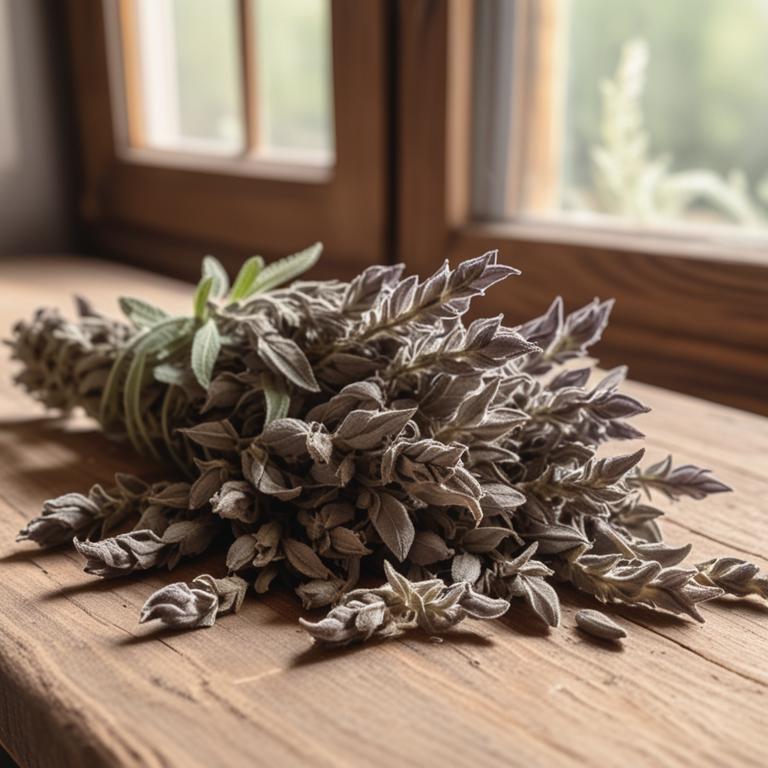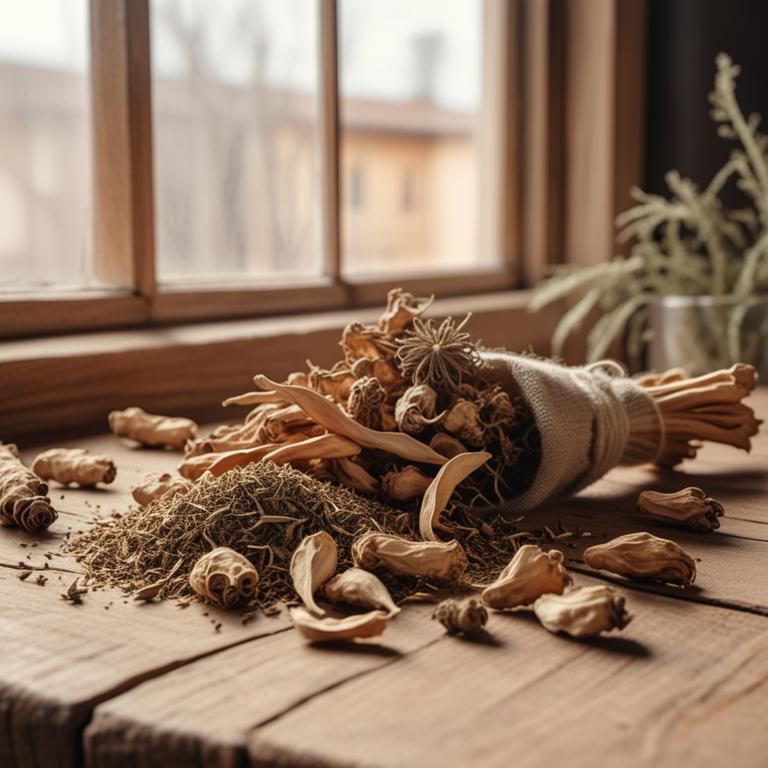Updated: Dec 1, 2024
Treating Burns: Common Causes, Herbal Remedies, and Natural Preparations
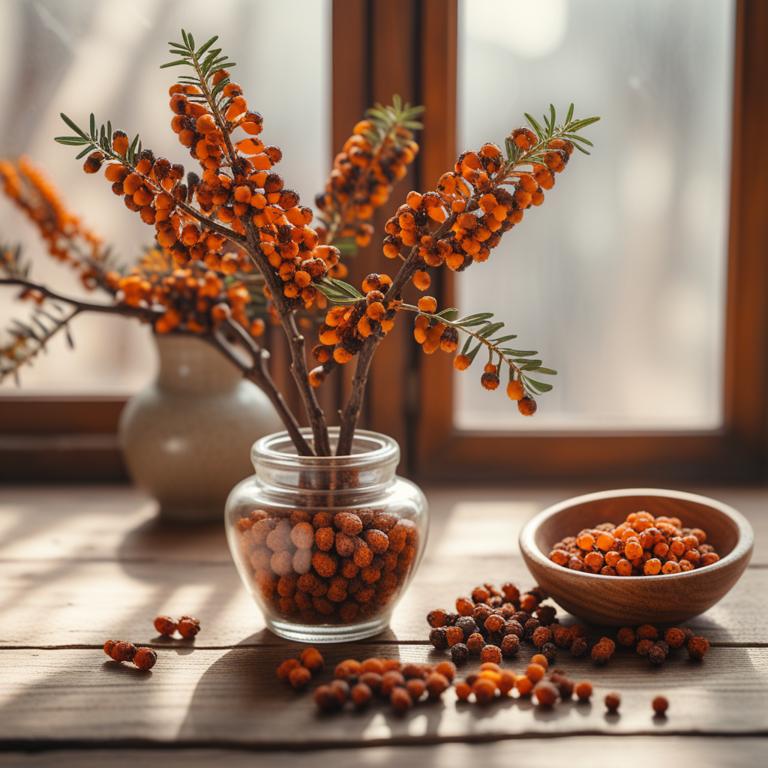
Burns are injuries to the skin, usually caused by heat, cold, or chemicals.
They can be painful and affect your daily life, making it difficult to perform simple tasks. Burns can be caused by accidents in the kitchen, bathroom, or while working with tools or machinery. A burn can cause damage to the skin, leading to redness, swelling, and blisters. If not treated properly, it can lead to infections, scarring, and even long-term health issues. To promote healing and prevent further complications, herbal remedies can be used.
Some herbs like aloe vera, calendula, and plantain are known for their soothing and antibacterial properties. They can help reduce inflammation, promote tissue repair, and prevent infections. You can use these herbs in various forms, such as teas, salves, or creams. For example, you can make a soothing tea by steeping dried calendula flowers in hot water and apply it to the affected area with a clean cloth. You can also use aloe vera gel directly on the burn, or mix it with other herbs to create a healing salve. Some people also use plantain leaves to make a poultice, which can be applied to the affected area to promote healing.
These herbal preparations can be a gentle and natural way to aid in the healing process, but it's essential to consult with a healthcare professional before using any herbal remedies.
Table of Contents
What are the primary causes of burns?
The main causes of burns are different types of heat sources that can cause damage to the skin.
Scalds occur when hot liquids or gases come into contact with the skin, causing severe burns. This can happen when you accidentally touch a hot cup of coffee or tea, or when you're exposed to steam from a faulty pipe. Fires are another major cause of burns, which can be caused by an open flame from a candle, a spark from an electrical appliance, or a chemical reaction.
Steam burns are similar to scalds, but they occur when you're exposed to hot steam from a shower or a steam room. Flame burns are caused by direct contact with an open flame, such as from a grill or a stove. Arc burns, on the other hand, are caused by electrical discharges, like when you touch a live wire or a faulty appliance.
These different types of heat sources can all cause severe burns, depending on the temperature and duration of exposure.
What advantages can herbs offer for treating burns?
Using herbs for burns can be a great way to help your skin heal faster.
These herbs have anti-inflammatory properties, which can reduce redness and swelling on the burned skin. They also have antiseptic properties, which can help prevent infection by killing bacteria that can get into the wound.
Some herbs can even help to promote healing by increasing blood flow to the affected area, which brings oxygen and nutrients to the skin. Additionally, these herbs can soothe the pain and discomfort associated with burns, making it easier to care for the wound.
They can also help to prevent scarring and promote skin elasticity, leaving you with minimal marks after the healing process is complete.
What medicinal herbs can help alleviate burns?
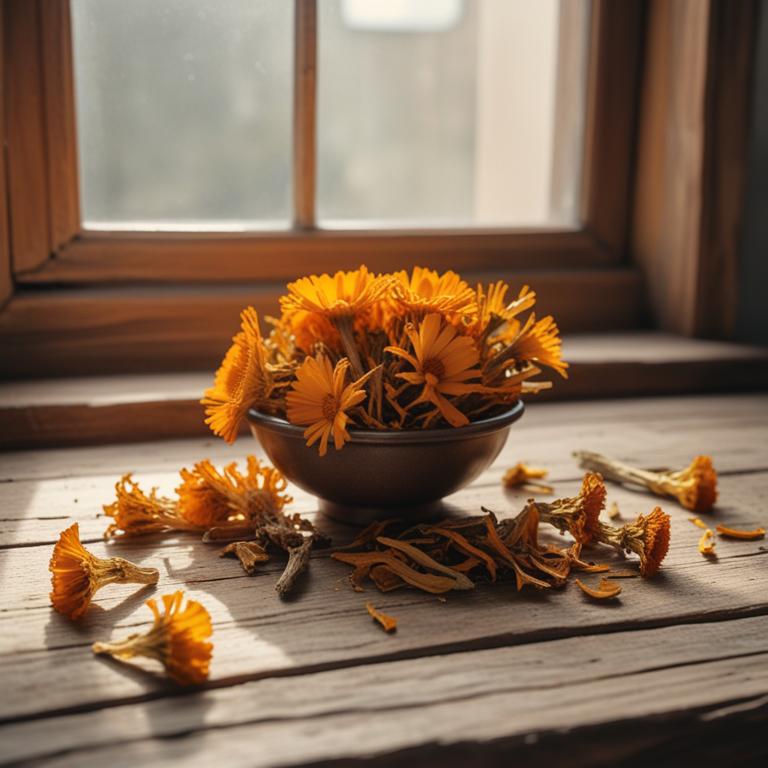
When it comes to soothing burns, certain herbs are more helpful than others.
Calendula officinalis, also known as pot marigold, has anti-inflammatory properties that can reduce swelling and ease pain. It also promotes wound healing by stimulating the growth of new tissue. Aloe barbadensis, commonly known as aloe vera, is famous for its cooling and soothing effect on burns. The gel inside its leaves contains compounds that calm inflammation and promote healing.
Hypericum perforatum, or St. John's Wort, contains compounds that have anti-inflammatory and antibacterial properties, which can help prevent infection and promote healing. Plantago major, or broadleaf plantain, can help draw out heat and reduce pain when applied topically. Its anti-inflammatory properties also help to reduce swelling and promote healing. Arnica montana, or mountain arnica, has anti-inflammatory properties that can reduce pain and swelling. It also promotes wound healing by stimulating the growth of new tissue.
When used together or separately, these herbs can provide relief from the discomfort and pain of burns, and help the skin heal faster.
What are the most frequently used herbal treatments for burns?
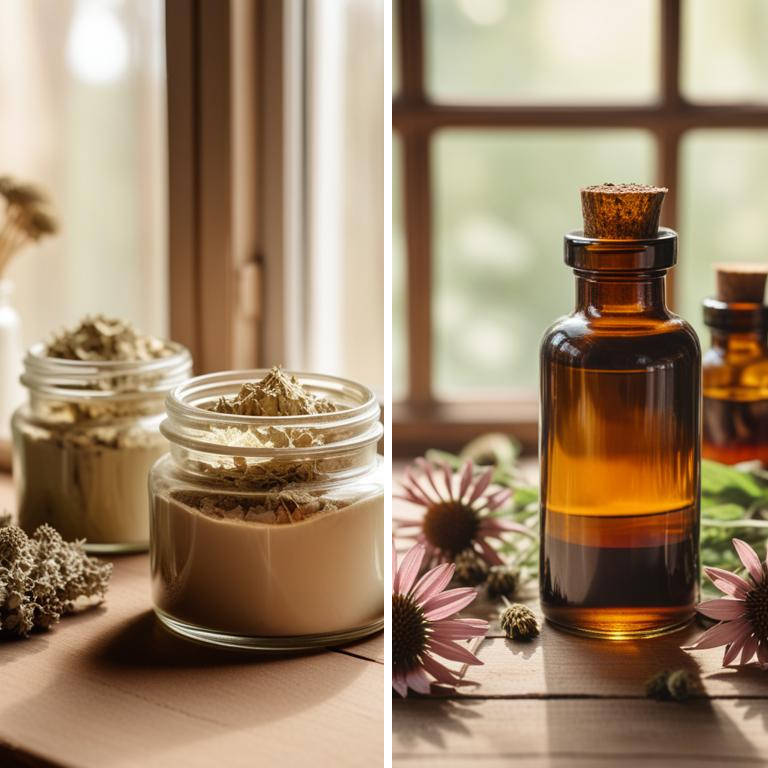
When it comes to treating burns, herbal preparations can be a great help.
One of the best ways to use herbs for burns is through a cream. A cream made from calendula, aloe vera, or chamomile can help soothe and calm the skin. These herbs have anti-inflammatory properties that can reduce redness and swelling. They also promote healing by keeping the skin moist and protecting it from infection. Another option is an ointment. Ointments are thick and creamy, and can be applied directly to the burned area. They often contain herbs like plantain or comfrey, which are known for their ability to promote healing and reduce pain. These herbs can help create a barrier on the skin that protects it from further damage and promotes new tissue growth. If you have a severe burn, a decoction might be a better option. A decoction is a liquid made by steeping herbs in hot water.
It can be applied directly to the burned area or used as a soak for your hands or feet. Decoctions often contain herbs like lavender or marshmallow root, which can help reduce pain and inflammation. A poultice can also be used to treat burns. A poultice is a paste made from crushed herbs that is applied directly to the affected area. It can be made from herbs like aloe vera or plantain, and is often used to promote healing and reduce pain. Poultices can be especially helpful for burns on the hands or feet, where it can be hard to apply a cream or ointment. Finally, a tincture can be used to help treat burns. A tincture is a liquid made by steeping herbs in a solvent like alcohol. It can be applied directly to the burned area or taken internally to help promote healing from the inside out. Tinctures often contain herbs like arnica or vitamin E, which can help reduce inflammation and promote new tissue growth. It's worth noting that some herbs, like tea tree oil, should be used with caution on burns, as they can be too harsh for the skin.
Always do a patch test before using any new herbal preparation, and consult with a healthcare professional if you have a severe burn or are unsure about how to treat it.
Additional Resources:
What herbs should you keep away from if you have burns?
If you have burns, it's best to avoid certain herbs that can make things worse.
For example, Taxus baccata, also known as yew, contains a toxic compound called taxine. If you put yew on a burn, the taxine can seep into your skin and cause more harm. Ginkgo biloba, often used to improve memory, can also be problematic. When applied to a burn, it can make the skin more sensitive and increase the risk of infection. The chemicals in ginkgo biloba can break down the skin's natural barrier, making it harder for the skin to heal.
Another herb to steer clear of is Cinchona officinalis, also known as fever tree. The compounds in fever tree can cause bleeding, and applying it to a burn can lead to excessive bleeding and further damage. Ephedra sinica, a plant used for its energizing properties, contains ephedrine, a chemical that can raise blood pressure and increase heart rate. Applying ephedra sinica to a burn can cause the affected area to become even more inflamed, making it harder to heal. Lastly, Echinacea purpurea, a herb often used to boost the immune system, can have the opposite effect on a burn.
The chemicals in echinacea can cause an allergic reaction, leading to increased inflammation and potentially more serious complications.
FAQ
Are there any specific herbs that can prevent burns?
Aloe vera is often used to soothe and calm burned skin.
It has natural cooling properties that can help reduce pain and inflammation. Another herb, chamomile, has anti-inflammatory properties that can aid in healing. These herbs may help ease discomfort and promote recovery from burns.
They can be applied topically to affected areas.
Is it safe to use herbal remedies for burns during pregnancy?
It's not recommended to use herbal remedies for burns during pregnancy.
Some herbs can cause complications or harm the unborn baby. For example, aloe vera gel is often used to soothe burns, but its safety during pregnancy isn't fully understood.
To be safe, stick with tried and tested treatments, like cool water and a topical antibiotic ointment.
Are there any herbs that can reduce the frequency of burns?
Aloe vera is often used to soothe burns.
It has anti-inflammatory properties that may help reduce redness and swelling. Some research suggests that aloe vera can also help speed up the healing process.
Additionally, vitamin E oil may be applied to burns to promote skin regeneration and reduce the risk of scarring.
Can i combine different herbal remedies for burns?
You can combine different herbal remedies for burns, but be cautious.
Some herbs may interact with each other or worsen the burn. For example, aloe vera and tea tree oil have different healing properties, but using them together might cause skin irritation.
Test small areas first to ensure a safe combination.
Related Articles
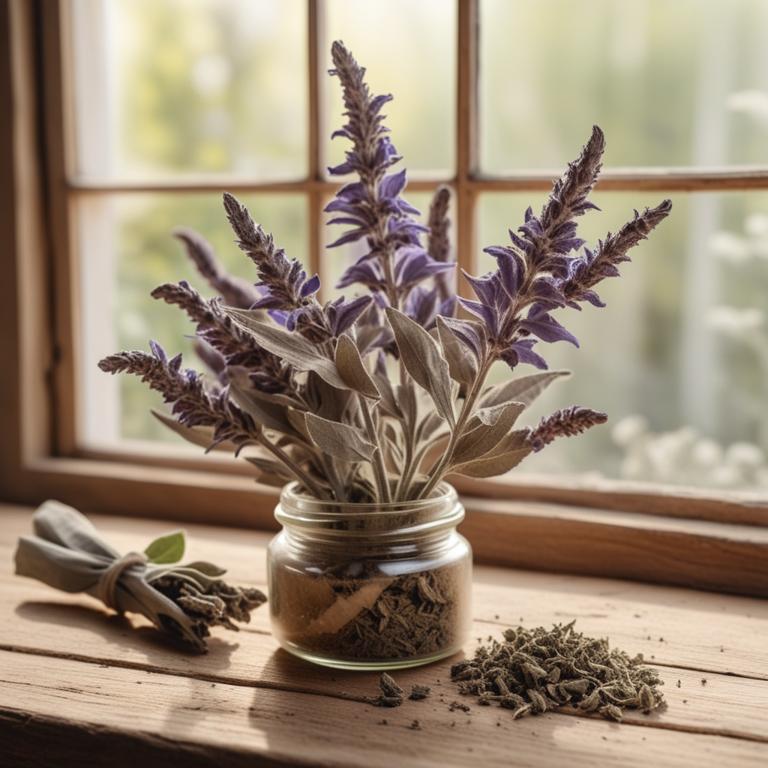
The Role of Medicinal Herbs in Preventing and Treating Dental Plaque
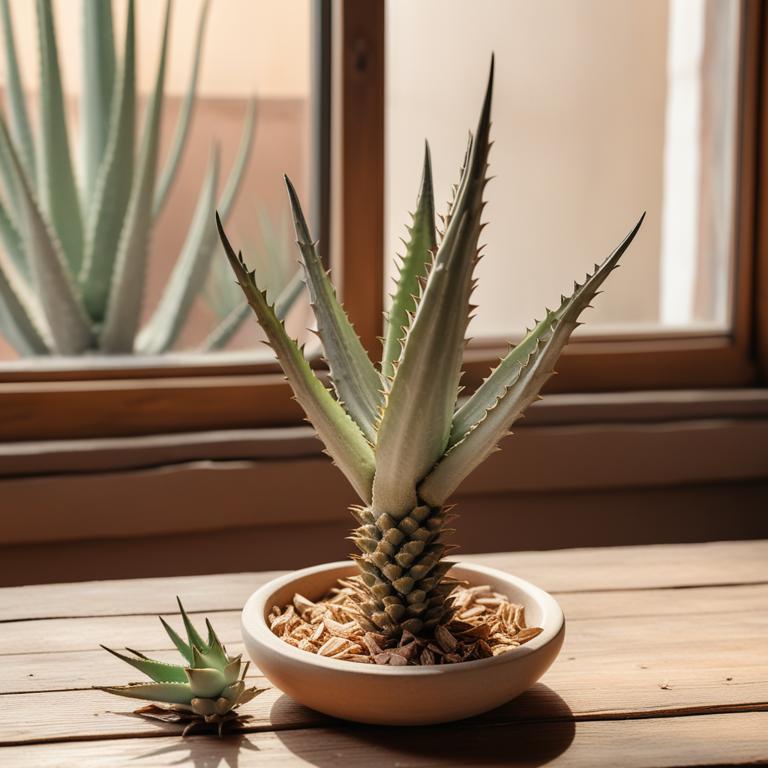
Eye Swelling: Causes, Symptoms, and Medicinal Herb Remedies
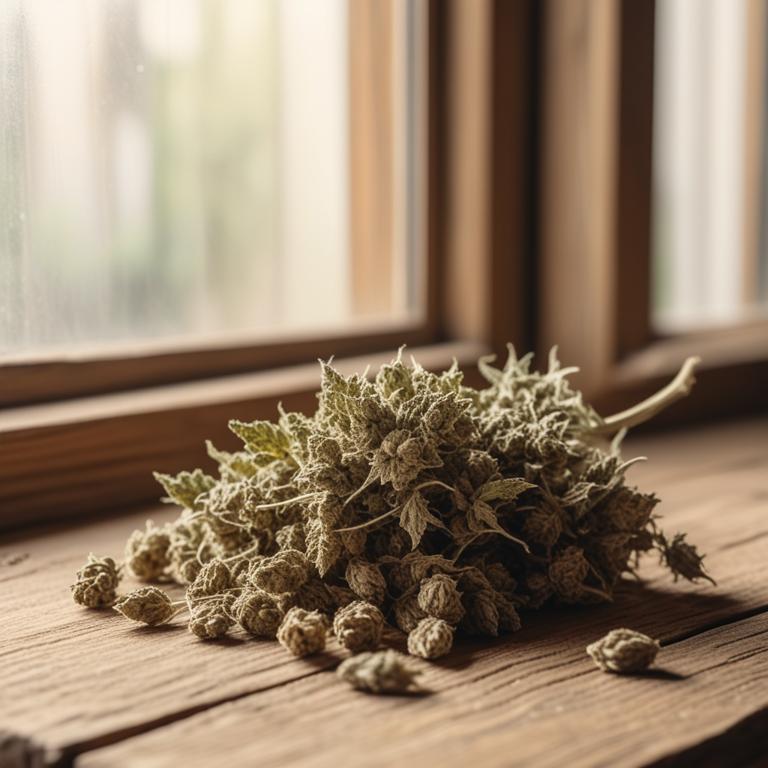
Eczema: Understanding Causes, Medicinal Herbs, and Effective Herbal Preparations
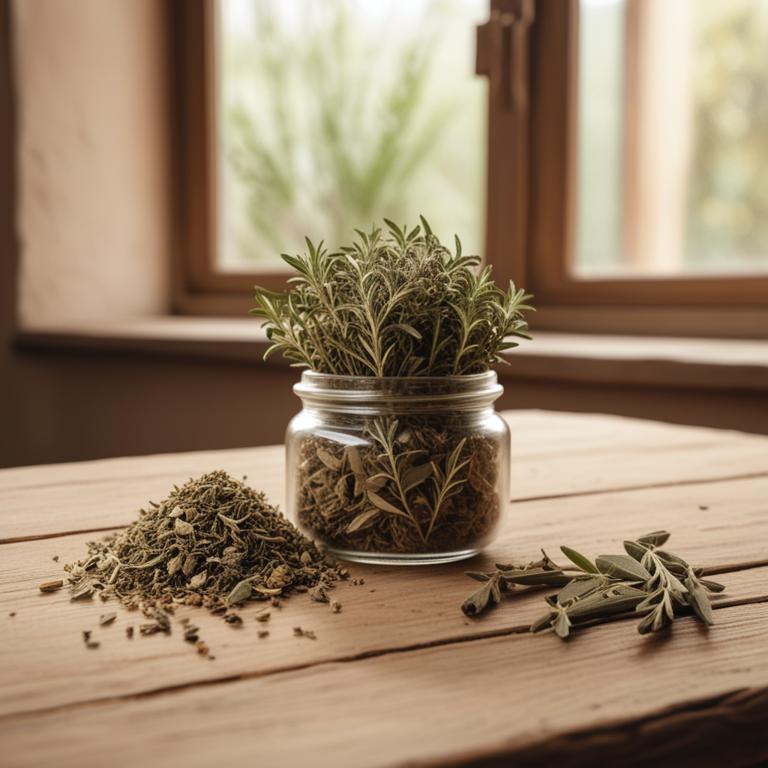
Grey Hair Causes, Treatment, and Medicinal Herbal Preparations
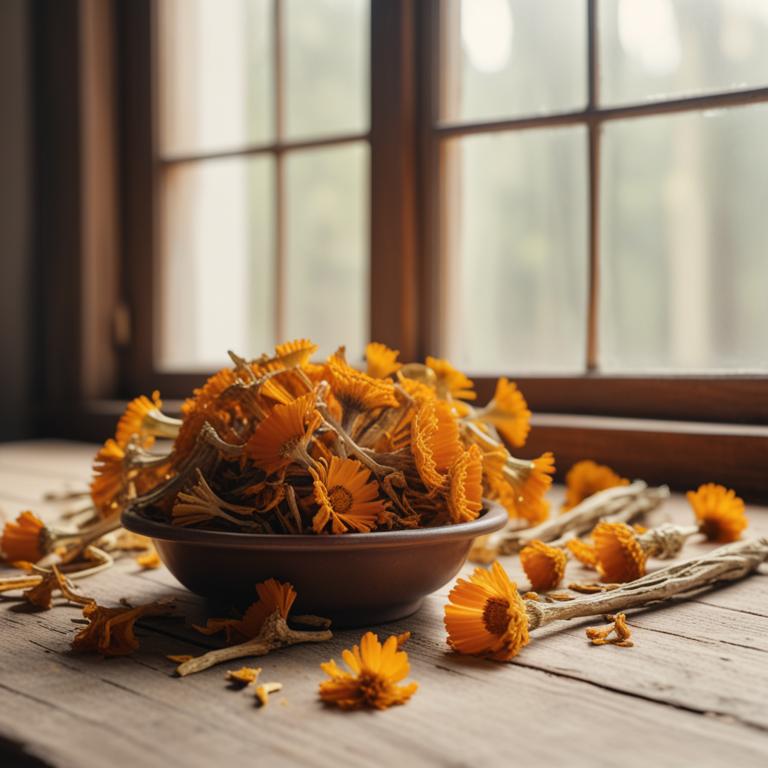
Itchy Ears: Causes and Homeopathic Solutions Using Medicinal Herbs
